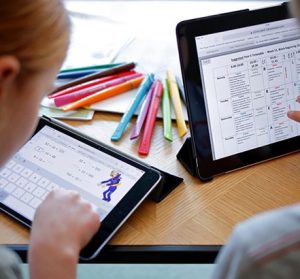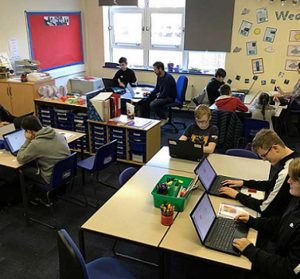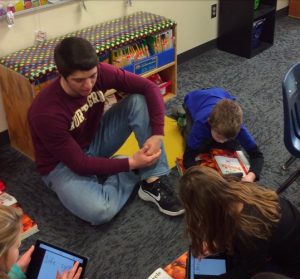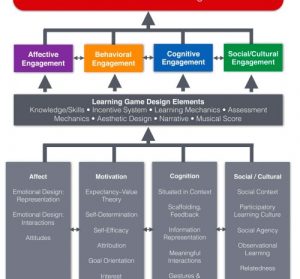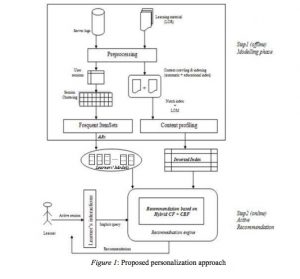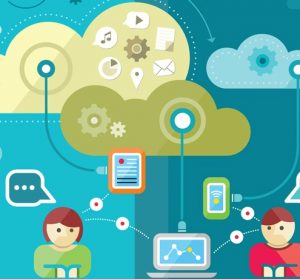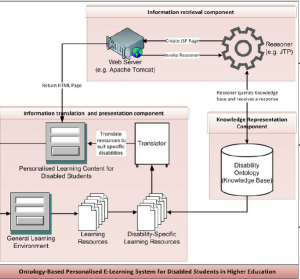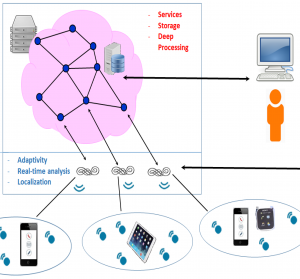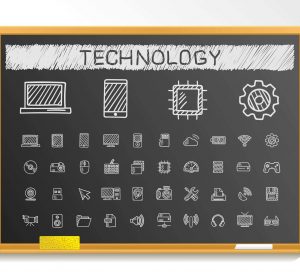Education
What is Education?
Education is the process of facilitating learning, or the acquisition of knowledge, skills, values, beliefs, and habits. Educational methods include teaching, training, storytelling, discussion, and directed research. It frequently takes place under the guidance of educators, however, learners can also educate themselves. It can take place in formal or informal settings and any experience that has a formative effect on the way one thinks, feels, or acts may be considered educational. The methodology of teaching is called pedagogy.

In many places, it is divided into levels and modalities. In the USA a few examples of levels are preschool, primary school, secondary school, and university. Bear in mind that each country has its own system and there are many variations.
Modalities, on the other hand, maybe:
- School
- College
- University
- Distance learning
School
A school is an educational institution designed to provide learning spaces and learning environments for the teaching of students (or “pupils”) under the direction of teachers. Most countries have systems of formal education, which is commonly compulsory.
College
A college is an educational institution or a constituent part of one. A college may be a degree-awarding tertiary educational institution, a part of a collegiate or federal university, an institution offering vocational education, or a secondary school.
University
A university is s an institution of higher (or tertiary) education and research, which awards academic degrees in various academic disciplines. Universities typically provide undergraduate and postgraduate education.
Distance learning
Distance learning is the education of students who may not always be physically present at a school. Traditionally, this usually involved correspondence courses wherein the student corresponded with the school via post. Today, it involves online learning. A distance learning program can be completely distance learning, or a combination of distance learning and traditional classroom instruction.
About KSRA
The Kavian Scientific Research Association (KSRA) is a non-profit research organization to provide research / educational services in December 2013. The members of the community had formed a virtual group on the Viber social network. The core of the Kavian Scientific Association was formed with these members as founders. These individuals, led by Professor Siavash Kaviani, decided to launch a scientific / research association with an emphasis on education.
KSRA research association, as a non-profit research firm, is committed to providing research services in the field of knowledge. The main beneficiaries of this association are public or private knowledge-based companies, students, researchers, researchers, professors, universities, and industrial and semi-industrial centers around the world.
Our main services Based on Education for all spectrums people in the world. We want to make an integration between researches and educations. We believe education is the main right of Human beings. So our services should be concentrated on inclusive education.
The KSRA team partners with local under-served communities around the world to improve the access to and quality of knowledge based on education, amplify and augment learning programs where they exist, and create new opportunities for e-learning where traditional education systems are lacking or non-existent.

